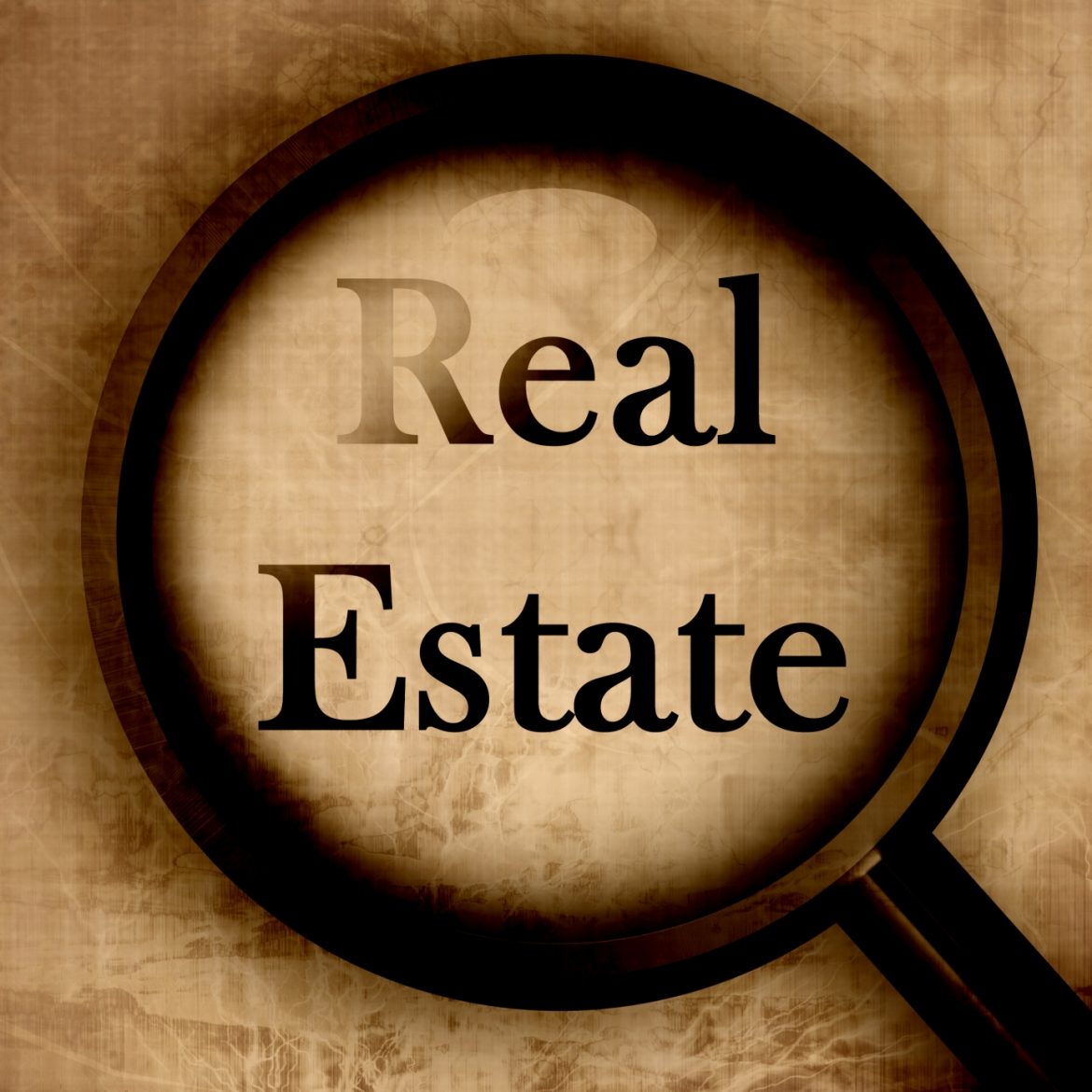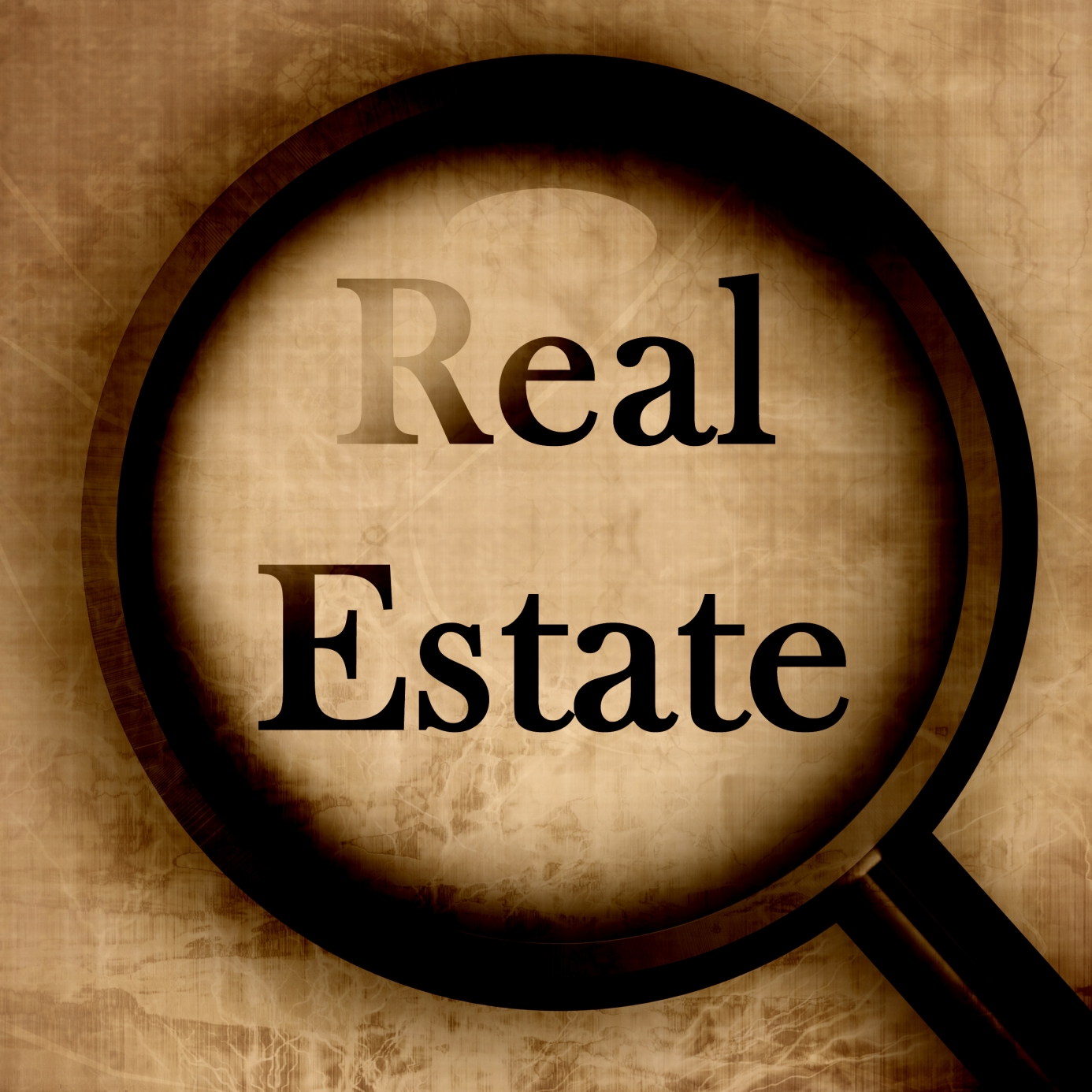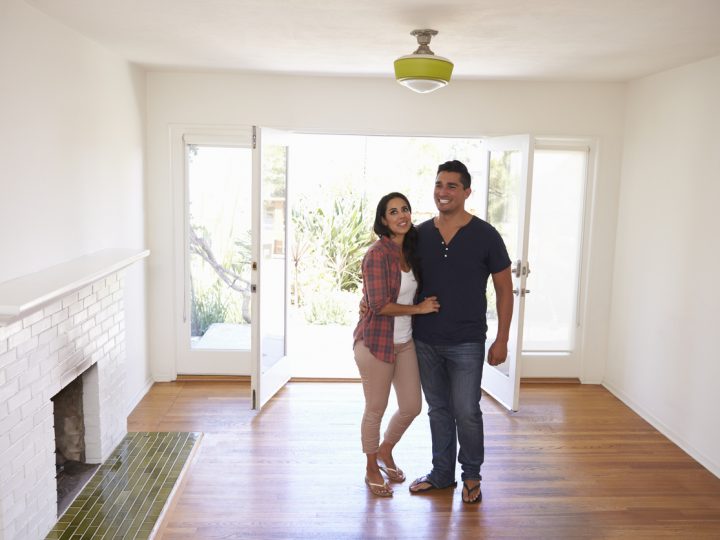

Your briefing on housing bubbles
You’ve probably heard the term “housing bubble” or the phrase “bubble burst” inattention-grabbing headlines pertaining to the housing markets. Although “Housing Bubble” is a playful moniker, the reality of a housing bubble is far from sparkly and fun.
A housing bubble is a metaphorical name given to the economic phenomenon where demand drives up the price of houses in an area, small or large. Bubbles always burst, which is why their behavior describes the behavior of the market where the prices of houses rise to a point of a “bursting” or breaking point.
Here’s a simplified scenario of what contributes to the development and growth of a housing bubble:
Oftentimes, people will engage in speculative buys, where they scramble to buy a house at a high price, out of suspicion that the prices will continue to rise indefinitely in the future. In many cases, people will purchase homes at prices they cannot realistically afford, thinking that they will be able to sell their home for more money than what they paid for it down the road.
This is where things can go horribly wrong from an economic standpoint. Cue the housing crisis of the 2000s.
While there are several factors that contributed to The Great Recession, the rapid accumulation of subprime mortgages (mortgages lent to people without the best credit) in the housing market played a huge role in the rise of the last housing bubble that led to the lasting trauma of the last bubble burst, leading Subprime mortgage crisis of 2007-10, also known as the housing crisis.
The federal government has since stepped in to place regulations on the market that would theoretically prevent the growth of another bubble rising and bursting like the last. The largest banks in the market now have the oversight provided by the Dodd-Frank Act, which placed regulation of the financial industry in control of the government. Some believe these regulations could play a role in curtailing risky market behaviors that cause housing bubbles, while others would rather see the prevalence of a more free market.
Federal oversight or not, our advice for your financial security is simple: don’t buy what you can’t afford. Whether or not you own an enormous, expensive house, most people in any developed economy will feel the sting of a foreclosure crisis.
It is best practice to engage in healthy investment behaviors. If there is one thing to be learned from A home should not be purchased under financial circumstances that are underscored by a high level of risk.




